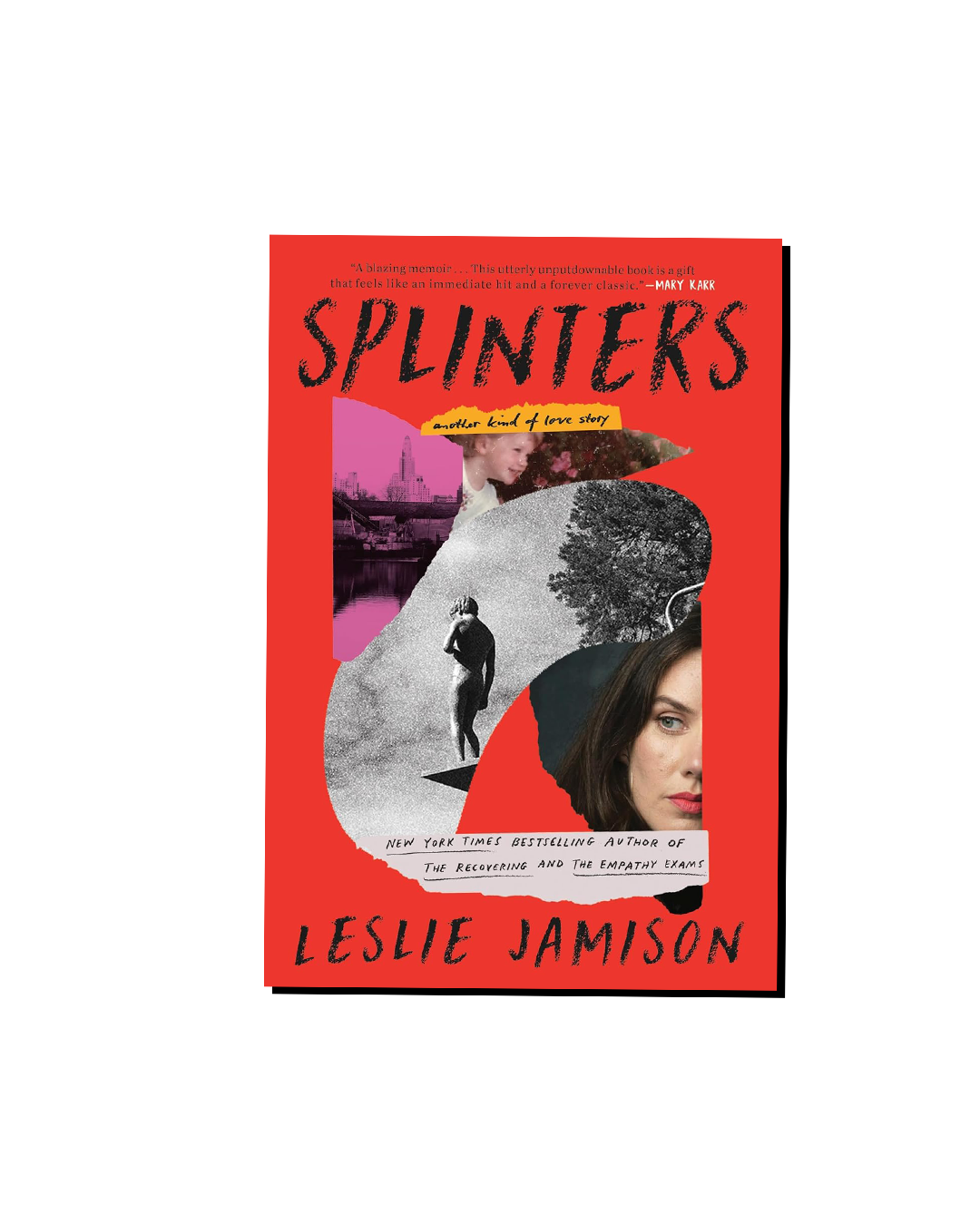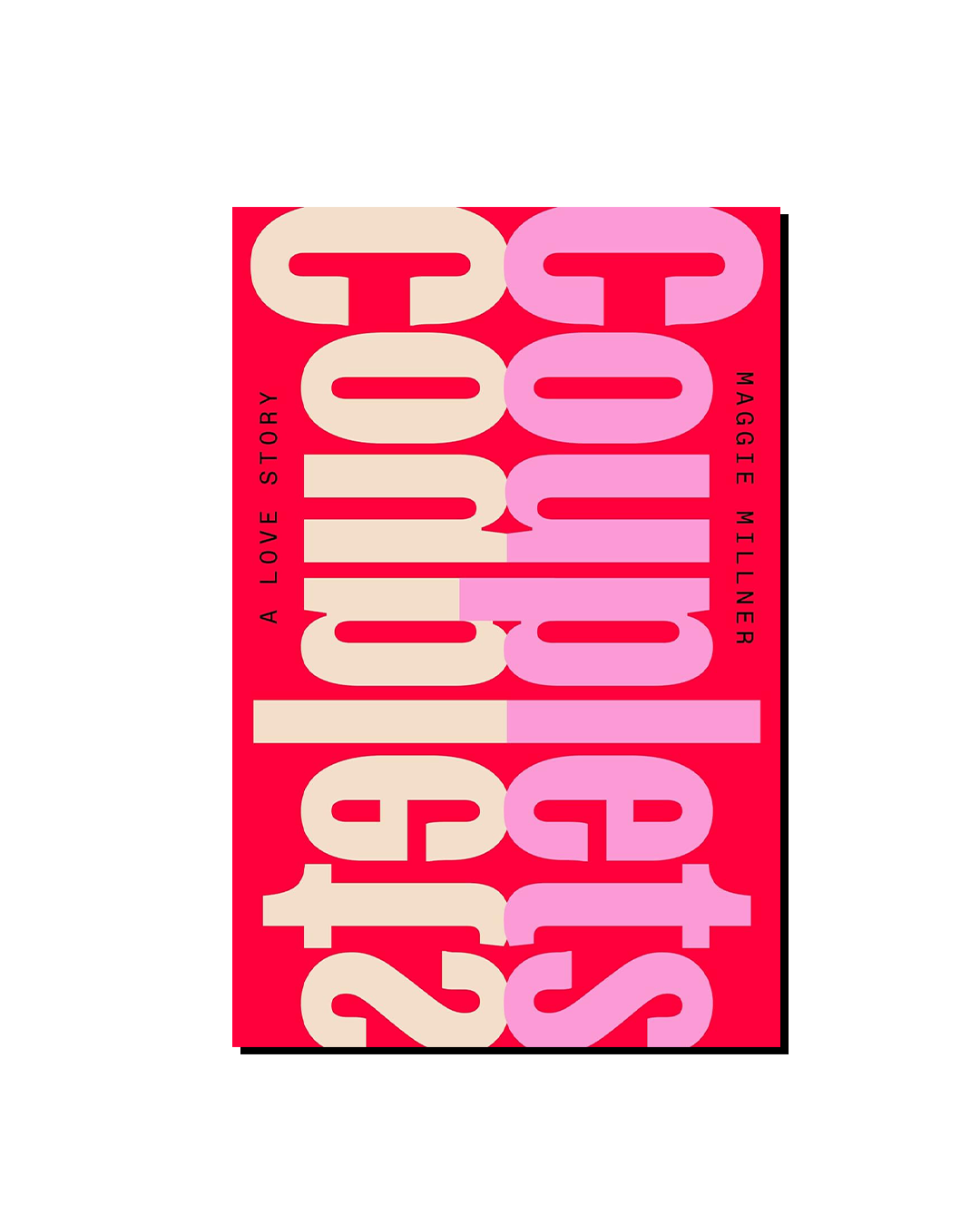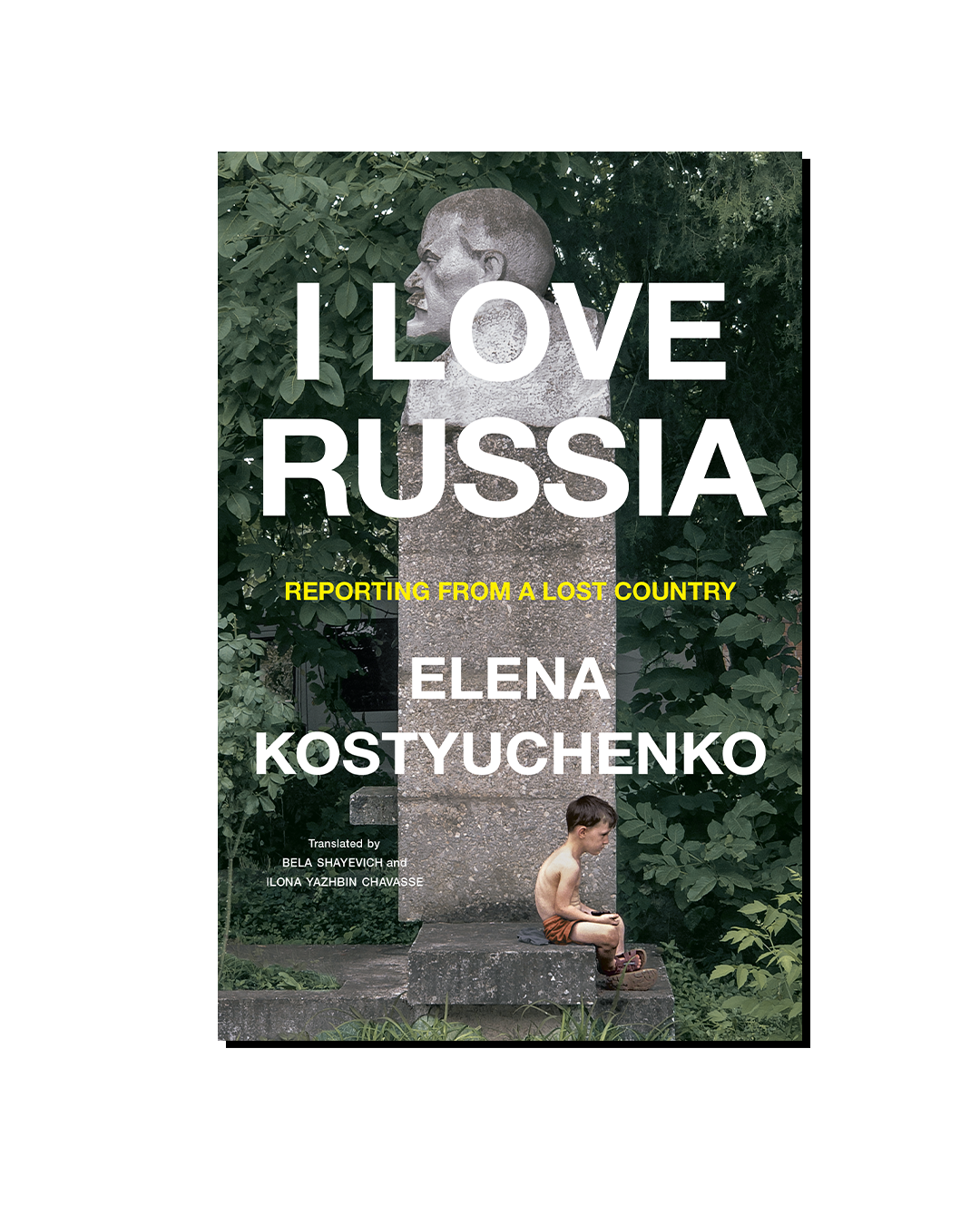Love as Solicitude: On Geoffrey Mak’s “Mean Boys”
The voice sometimes shifts drastically between essays, which is an intentional choice—me playing around with this idea of “code-switching,” and also this postmodern aesthetic of schizophrenia, where I don’t just write from a singular voice, but multiple.
Beauty in the Breakdown: On Leslie Jamison’s “Splinters”
A certain kind of glamor resides not just in possessing a void like the great emptiness—which lends the person who holds it an air of depth, impenetrability, and mystery—but in one’s reaching for destructive, impulsive, or obsessive remedies to fill that void.
from “Home Movies”
I’d like the work I do to matter somehow, which is all the proof I need that it doesn’t.
Our Neighbo(u)rs to the North, Aflame: On John Vaillant’s “Fire Weather”
As a midwesterner, my life has been saturated with Alberta’s oil. My first car, a used Ford F-150 with a bench seat stained brown from the plumber who owned it before me, had dual fuel tanks that held over thirty gallons of gasoline. Much of that gas came from Alberta oil.
What was Ukraine?: On Volodymyr Ishchenko’s “Towards the Abyss”
Ishchenko argues that the burden of the post-Soviet left is debatably its greatest asset: that people remember how it felt to be part of communism’s utopian project, and that before today’s war, a strong plurality of Ukrainians felt ambivalent about, not hostile to, its cause.
The Body Is Not a Metaphor: An Interview with Emmeline Clein
Because this issue has been overlooked from a political and cultural and intellectual standpoint, partially because of its association with girls, I wanted to give it a really serious treatment.
Fantastic Lands and Where to Find Them: On Anthony Bale’s “A Travel Guide to the Middle Ages”
Bale’s aim in this book is to write in a rigorous and entertaining way about medieval travel writing; it would be a disservice to the subject to exclude the fictitious or the tasteless.
After Populism: On Borriello and Jäger’s “The Populist Moment”
The material conditions that underpinned social democracy have disappeared. Against this backdrop, left populism constitutes a sincere, but plaintive, desire for the lost world to return.
Economies of Guilt: On Fernanda Melchor’s “This Is Not Miami”
There is an established tradition of Latin American novelists who started off as journalists.
A Real and Un-Automated Horse: On Brian Merchant’s “Blood in the Machine”
Merchant demonstrates that to act as a Luddite is to be anything but out-of-touch: it is to mobilize a common sentiment that marches from the past, and to stride as part of a collective toward a more equitable future.
Only This or That: On Maggie Millner’s “Couplets”
You thought you knew everything about couplets, and then realize there’s something new to discover in the familiar form. An uncovering of fossils, a tomb whose bones are still intact, jewelry in place and shining around the dusty vertebrae.
When We Look Away: On Christine Hume’s “Everything I Never Wanted to Know”
In many ways, Hume’s book is about the urge to look away from the brutalities and misogyny woven into daily American life. It’s also about what happens when we stop doing this: when we stop averting our eyes and look plainly.
Facts that Care about your Feelings: A Conversation with Astra Taylor
And there’s manufactured insecurity, which is the kind of insecurity that facilitates the concentration of power and profit, the kind of insecurity imposed on us by our economic and political system.
Ordinary Russians: On Elena Kostyuchenko’s “I Love Russia”
It’s not an exaggeration to say that the story of Elena’s own life is the story of the Russia that was decisively lost in February 2022.
Dirty Work: On Irene Silt’s “My Pleasure” and “The Tricking Hour”
Writing histories of struggle alongside imagined futures of collective care, there is no isolated subject. Silt’s essays and poems serve as a sprawling manifesto, showcasing the peculiarities of pleasure under capitalism.
Weeding or Writing: On “Henry at Work”
Their most valuable contribution comes not from extrapolating what “Thoreau would say” about contemporary problems, but in showing where his ideas can lead us when paired with a more robust sense of class consciousness and a stronger drive for action.
Cis Gender Studies
In a time of ever-escalating state violence towards intersex, gender non-conforming, and trans people, what do cis scholars writing about gender owe their subjects?
Somebody’s Gotta Do It: On Erin Hatton’s “Coerced” and Eyal Press’ “Dirty Work”
Power doesn’t always come from brute force; in many cases it operates through obfuscation and mystification. Illuminating all of this is the easy part, of course. The challenge is figuring out how to empower the people who work under these conditions.
Shufflin’ and Supposin’: On “Buffalo in 50 Maps”
The book is organized around four city slogans, Queen City of the Lakes, City of Good Neighbors, City of Light, and City of No Illusions—taking the reader through a communal memoir that mirrors that of my family.
The Philosophy of Failure and Failure of Philosophy
Failure, then, is a tonic for hubris, a lesser ward against the performative narcissism of perfection we wear as both shield and mask to navigate these craven times.




















